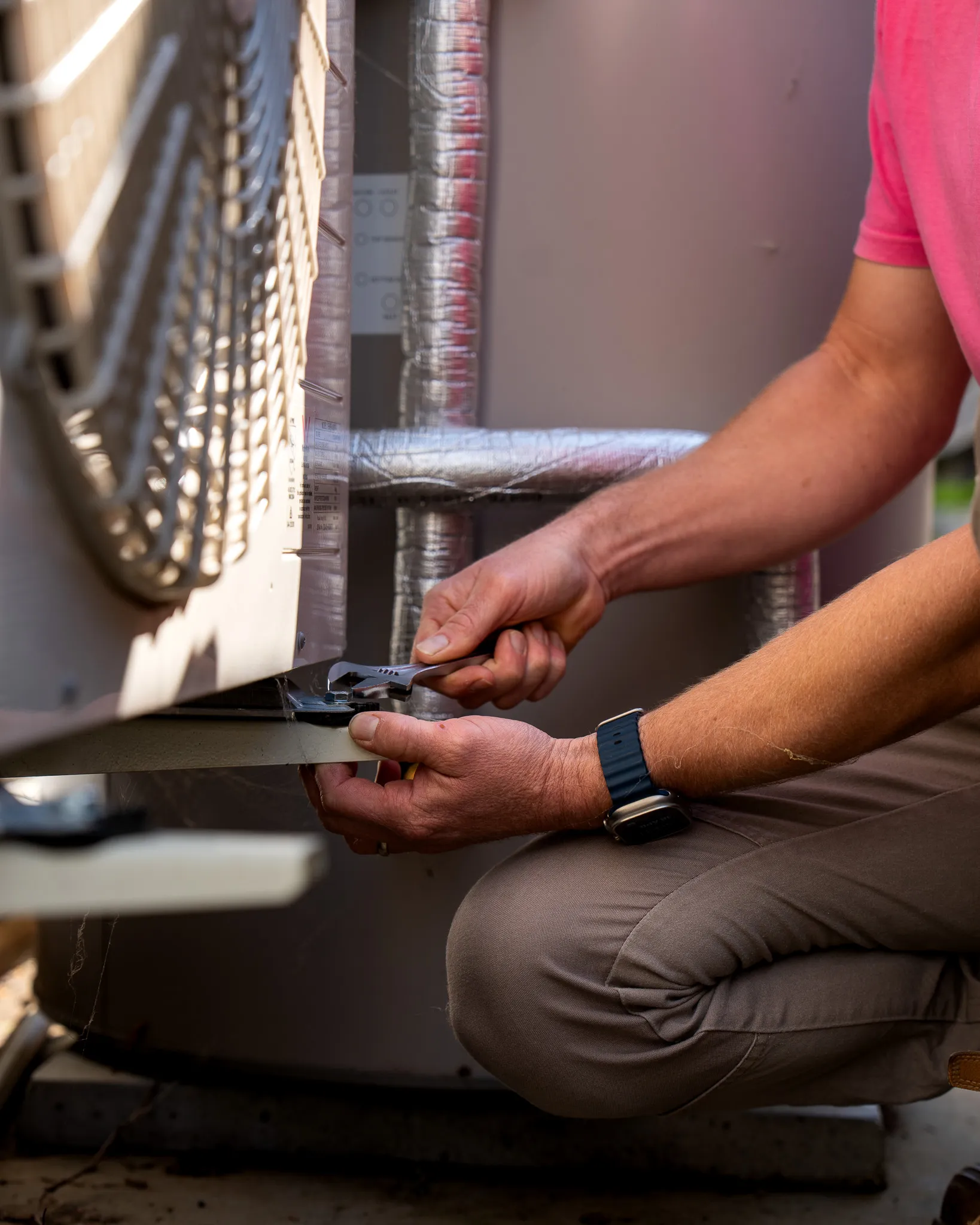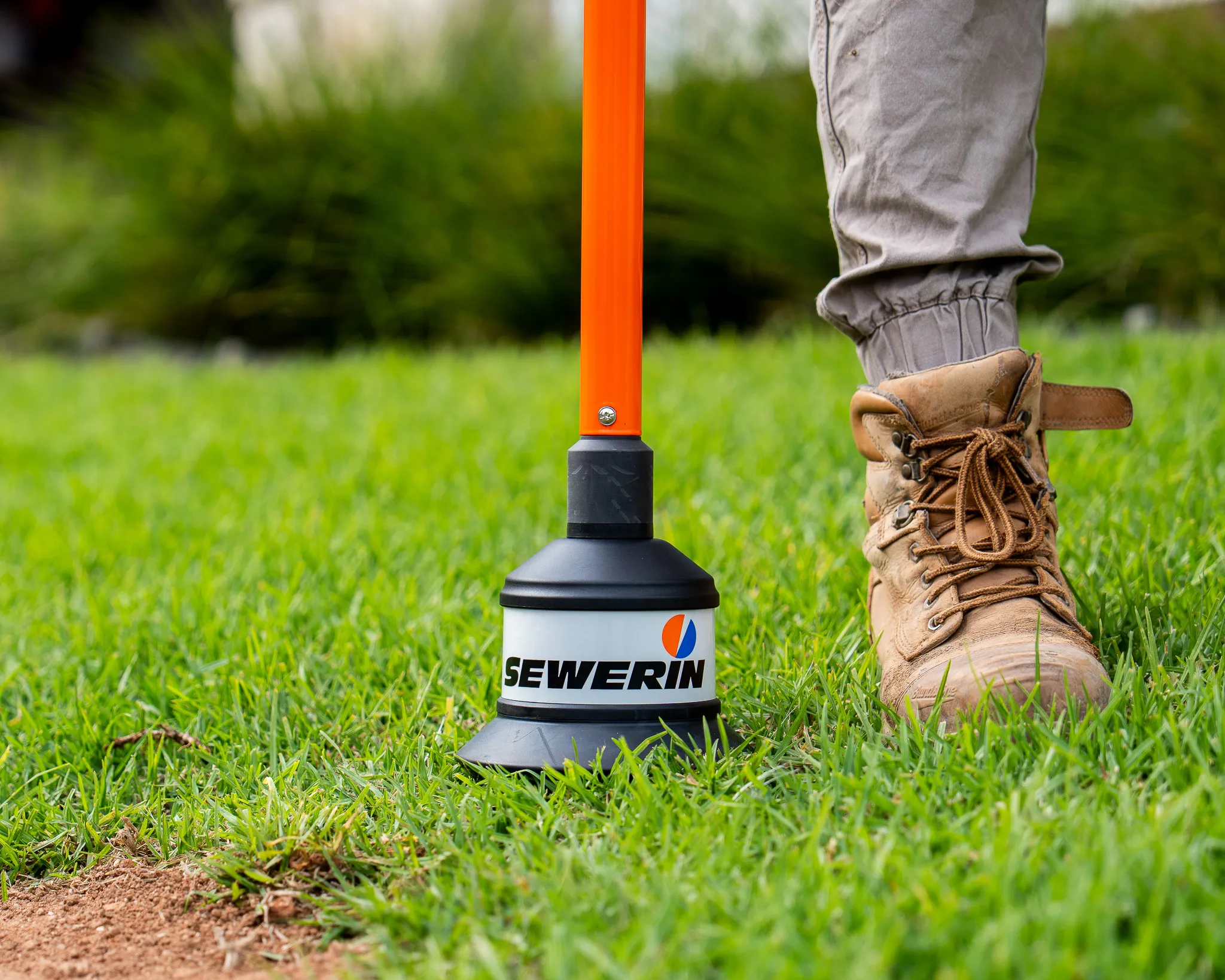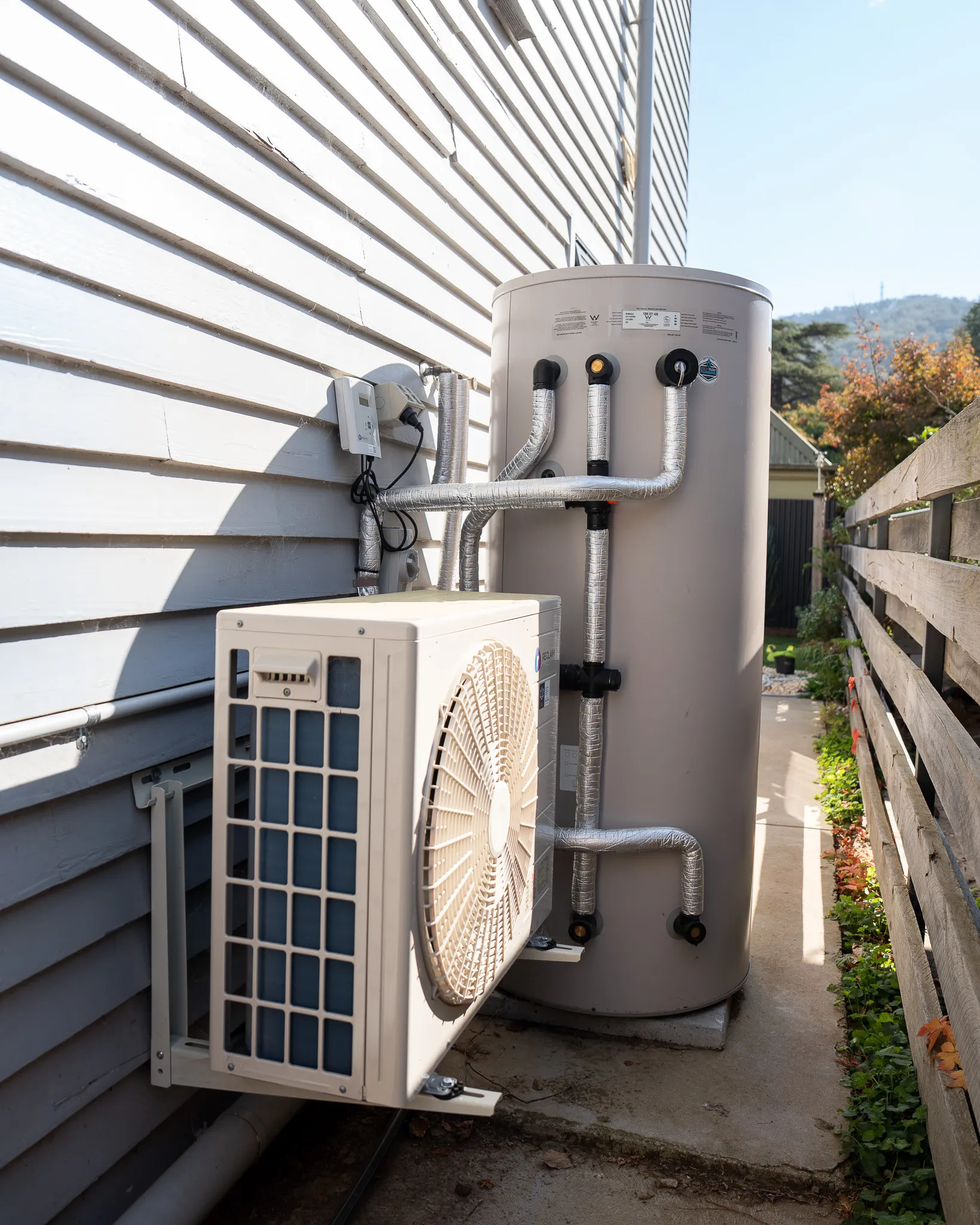Heat Pumps vs Electric vs Gas Hot Water – Which is Right for You?
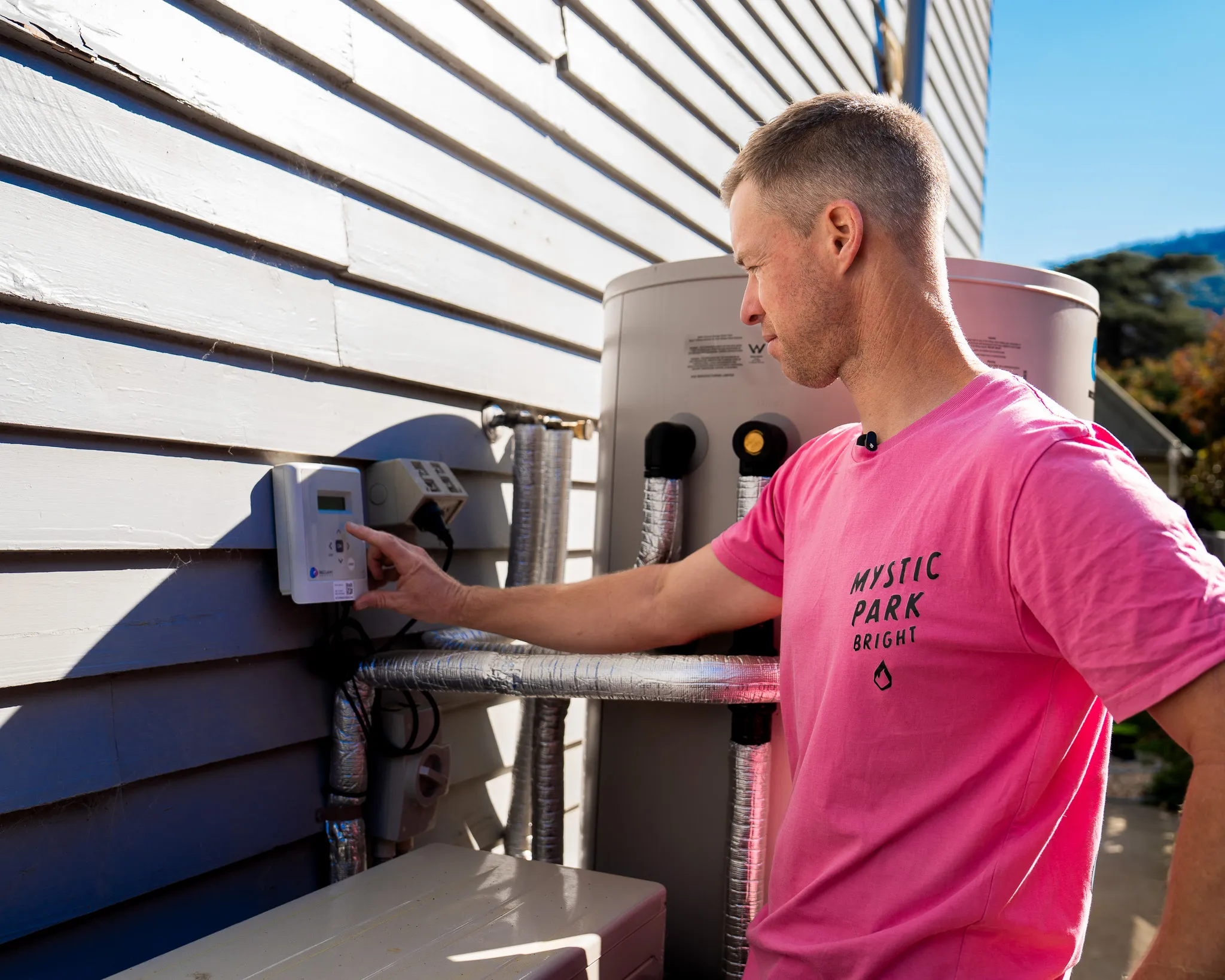
Heat Pumps vs Electric vs Gas Hot Water – Which is Right for You?
Introduction
Hot water isn’t a luxury — it’s a daily necessity. From morning showers to washing dishes, a reliable hot water system is one of the hardest-working parts of your home. But not all systems are created equal, and the wrong choice could mean higher energy bills, frequent repairs, or poor performance in Bright’s cold winters.
The three main options for Bright homeowners are heat pumps, electric systems, and gas systems. Each has its strengths, weaknesses, and ideal situations. In this guide, we’ll break down how each system works, the costs involved, and how they perform in our unique alpine climate.
Understanding Bright’s Climate and Why It Matters
Bright experiences crisp, cold winters and mild summers. In July, average daily minimums can dip close to freezing, and mornings often start frosty. This climate affects how efficiently hot water systems operate:
- Cold air and water put extra strain on heating systems.
- Long winter showers increase demand.
- Older homes in the region may have outdated insulation or plumbing that loses heat quickly.
Because of this, efficiency, running costs, and performance under load should be top priorities when choosing your system.
Option 1: Heat Pump Hot Water Systems
How They Work
Heat pumps use electricity, but instead of generating heat directly, they extract heat from the surrounding air and transfer it into water. Think of it like a reverse fridge — pulling warmth in rather than pushing it out.
Advantages of Heat Pumps
- Highly Energy Efficient
They can use up to 65% less electricity than standard electric systems. - Lower Running Costs
Because they’re so efficient, you’ll see a noticeable drop in your energy bills over time. - Eco-Friendly
They use less power, which means fewer greenhouse gas emissions, especially if powered by solar panels. - Government Rebates
In Victoria, rebates may be available for upgrading to an energy-efficient system.
Drawbacks of Heat Pumps
- Higher Upfront Cost
Heat pumps generally cost more to purchase and install than standard electric units. - Performance in Extreme Cold
While modern models work well in Bright’s winter, very low overnight temperatures can reduce efficiency slightly. - Noise
Some units make a low hum while operating — not usually an issue if installed in the right spot.
Best For
Homeowners looking for long-term energy savings, especially those with solar power or who want to reduce environmental impact.
Option 2: Electric Hot Water Systems
How They Work
Electric systems heat water in a tank using an electric element, similar to a giant kettle. They’re simple, reliable, and have been the standard for decades.
Advantages of Electric Systems
- Lower Upfront Cost
They’re generally the cheapest to buy and install. - Simple Technology
Easy to repair and parts are widely available. - Compact Models Available
Small electric storage or instant systems can fit in tight spaces.
Drawbacks of Electric Systems
- Higher Running Costs
They use more electricity than a heat pump, which can add up, especially with Bright’s cold-season demand. - Environmental Impact
If your electricity isn’t from renewable sources, the carbon footprint is higher. - Slower Recovery
Once the hot water runs out, it takes time to reheat the tank.
Best For
Smaller households or properties where upfront cost is the main factor and hot water demand is moderate.
Option 3: Gas Hot Water Systems
How They Work
Gas systems heat water using natural gas or LPG. They can be storage systems (keeping a tank of hot water ready) or continuous flow (heating water on demand).
Advantages of Gas Systems
- Fast Recovery
Continuous flow units heat water instantly, so you’ll never “run out” of hot water. - Lower Running Costs Than Electric
Especially if connected to natural gas, they can be more cost-effective over time. - Good Cold Weather Performance
Gas systems heat water consistently regardless of outside temperature.
Drawbacks of Gas Systems
- Gas Connection Required
If your property doesn’t have natural gas, you’ll need LPG bottles, which require regular refills. - Higher Emissions Than Heat Pumps
Gas burns cleaner than coal-powered electricity but still produces emissions. - Upfront Cost
Continuous flow gas units can be more expensive to install than electric storage systems.
Local Considerations Before Choosing
- Space for Installation – Heat pumps need airflow, gas continuous flow units mount on walls, and electric tanks can fit almost anywhere.
- Energy Tariffs – Off-peak electricity can make electric systems cheaper to run.
- Water Quality – Hard water can shorten the lifespan of some systems.
- Household Size – More people means more hot water demand.
- Future Plans – If you’re installing solar, a heat pump is ideal.
Real-World Example – A Bright Family’s Choice
The Thompson family in Bright recently upgraded from a 12-year-old electric tank to a heat pump system. Their reasons:
- Rising power bills from electric heating
- Planning to add rooftop solar within the year
- Desire to reduce carbon footprint
After installation, their electricity bills dropped by 40%, and they now have more than enough hot water even in the coldest months.
Mini FAQ – Hot Water Systems in Bright
Q: Which system is cheapest to install?
Electric systems usually have the lowest upfront cost.
Q: Which is cheapest to run?
Heat pumps, especially when paired with solar, have the lowest running costs.
Q: What lasts the longest?
Heat pumps and gas systems generally last 10–15 years with proper maintenance.
Q: Can I switch from electric to gas or heat pump?
Yes, but there may be additional installation costs for plumbing, wiring, or gas connections.
Q: Are government rebates available?
Yes, in many cases rebates are available for upgrading to energy-efficient systems like heat pumps.
Conclusion
There’s no one-size-fits-all answer to the heat pump vs electric vs gas hot water debate. Your choice will depend on your household size, budget, energy source, and long-term goals.
- Go Heat Pump if you want the lowest running costs and plan to stay in your home for years.
- Go Electric if you need a budget-friendly, easy-to-install system right now.
- Go Gas if you have a large household, high hot water demand, and access to natural gas.
At Bright Flow Plumbing, we can help you choose, supply, and install the best hot water system for your needs — and we’ll make sure it’s ready to perform in Bright’s alpine winters.
👉 Call us today to discuss your hot water upgrade options.
We’re Ready to Help
Frequently Asked Questions
Got a plumbing question? Here are some of the most common things locals around Bright ask us. If you don’t see your answer here, give us a call chances are we can help.
Yes. We’re available for burst pipes, blocked drains, hot water issues and other urgent plumbing problems.
We aim to arrive as soon as possible, often within the hour for homes and businesses in Bright and nearby towns.
We proudly service Myrtleford, Mount Beauty, Porepunkah, Harrietville, Wandiligong, Tawonga and Smoko. If you’re close by and not sure, just give us a call.
Absolutely. Our whole team is fully qualified, licensed and insured, so you can feel confident the job’s being done right.
We work on all major systems — electric, gas, solar and heat pumps. Whether it’s a small repair or a full replacement, we’ve got you covered.
Common signs include rusty or discoloured water, leaking tanks, strange noises, frequent breakdowns, or systems older than 10–12 years. We can inspect and give you honest advice.
We use high‑pressure jetting equipment and CCTV drain cameras to clear even the toughest blockages and check for issues like tree roots or damaged pipes.
Yes. We use advanced electronic leak detection and thermal imaging to pinpoint leaks under floors, behind walls and in outdoor pipes without unnecessary digging.
We sure do. We coordinate with your builder or designer to handle all plumbing for bathrooms, kitchens and laundries, ensuring everything’s done right and on time.
We install under‑sink filters, whole‑house filtration systems and UV systems for tank water. They remove chlorine, sediment and impurities so you can enjoy safe, fresh‑tasting water.
Follow our socials
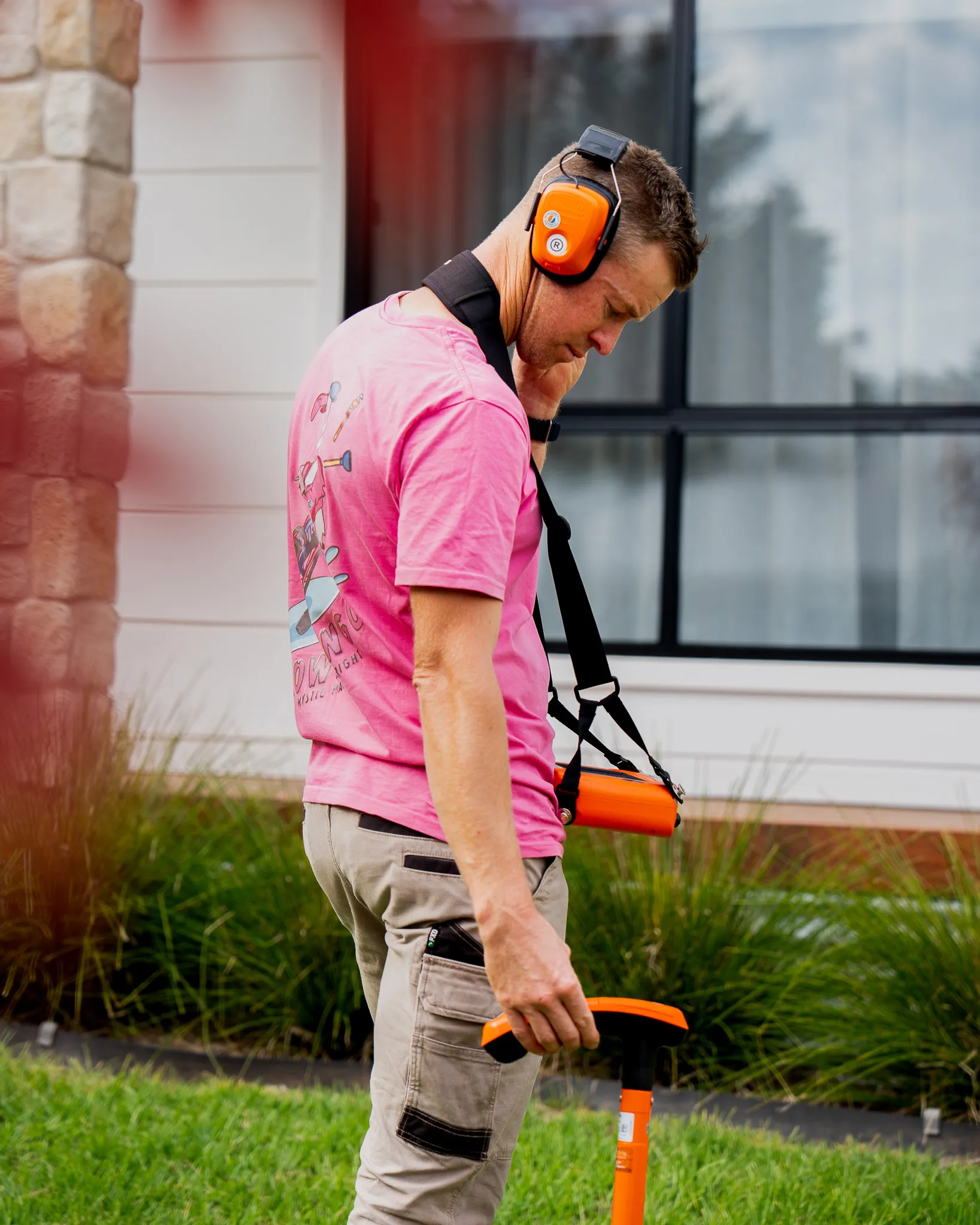
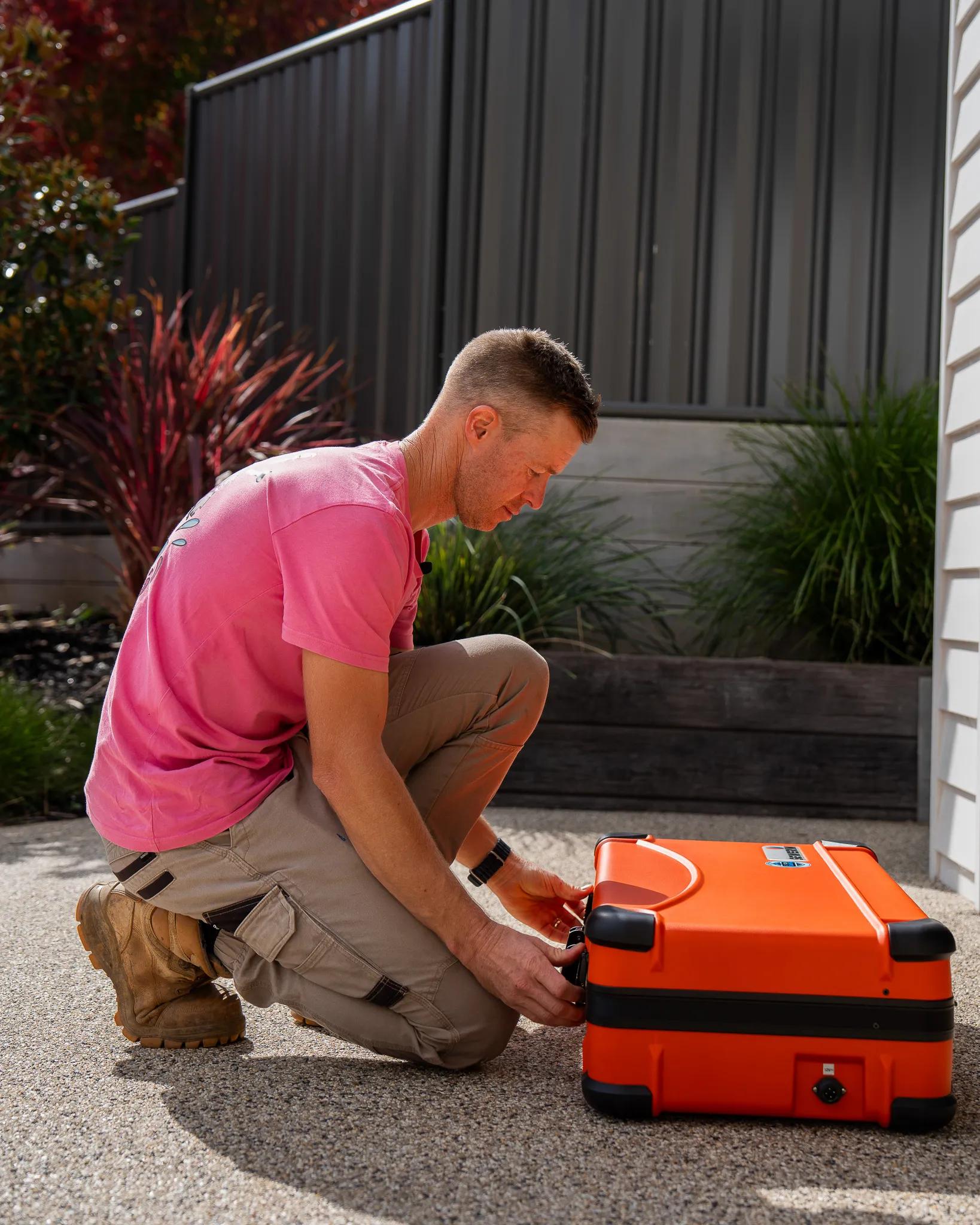
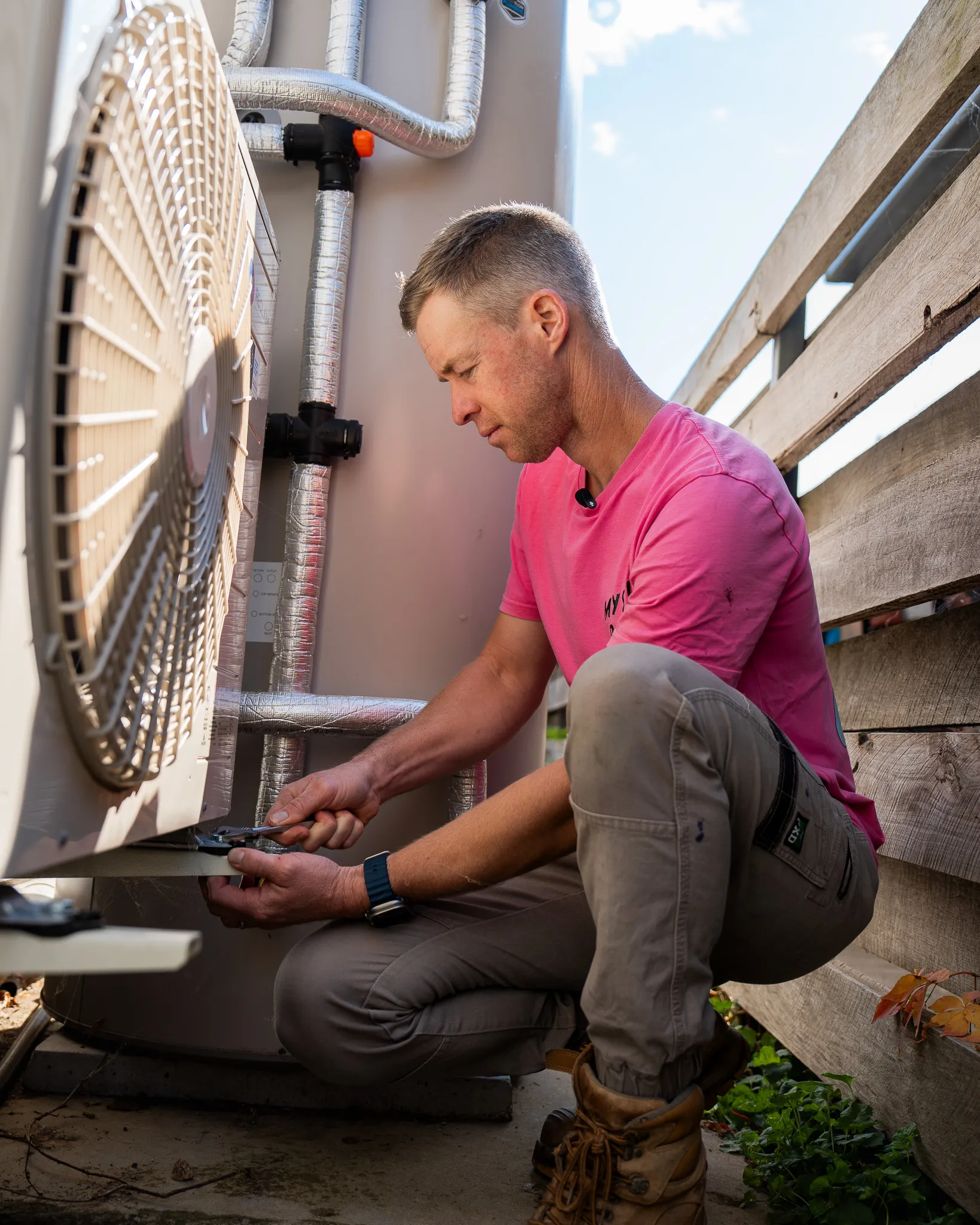
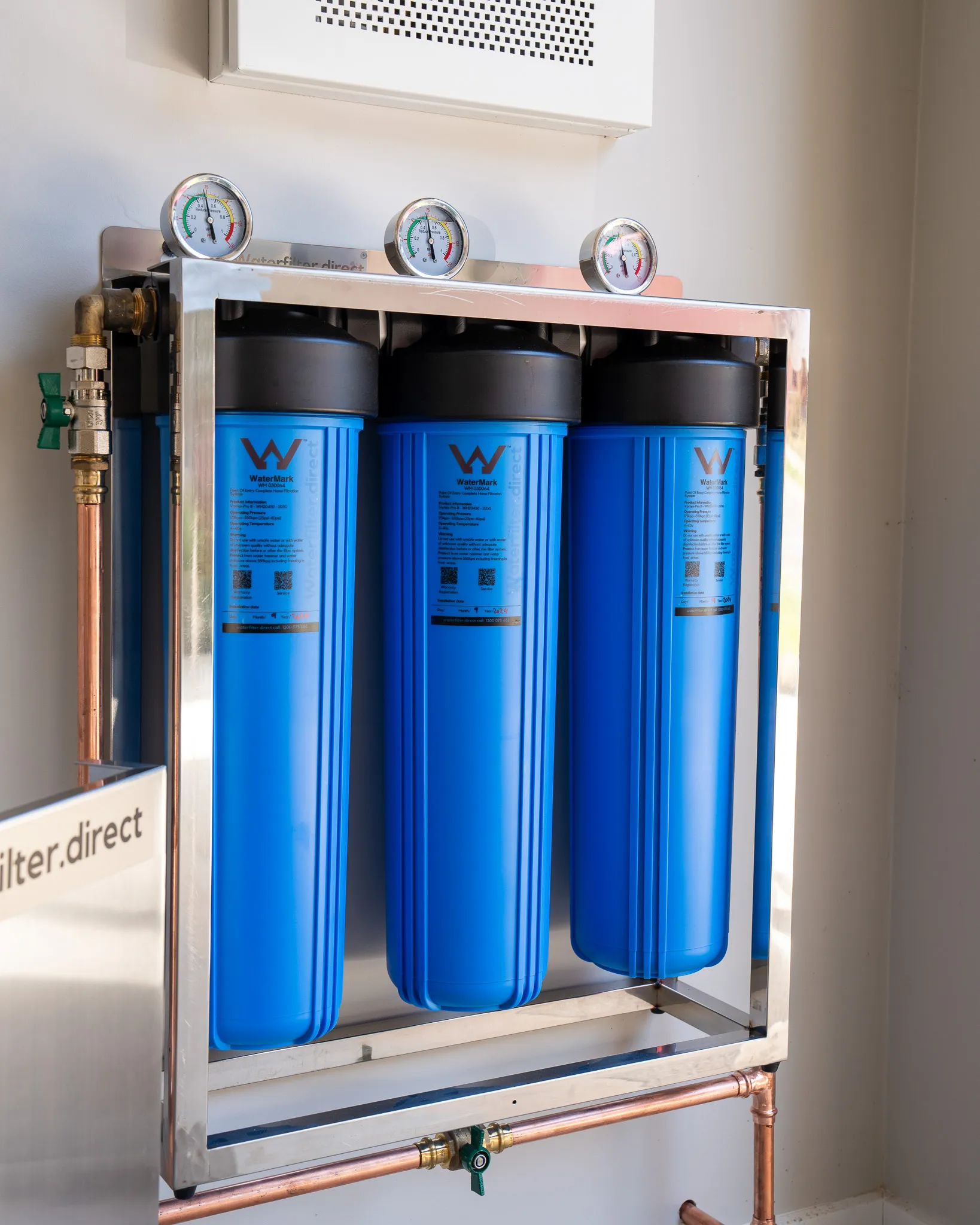
.jpg)
